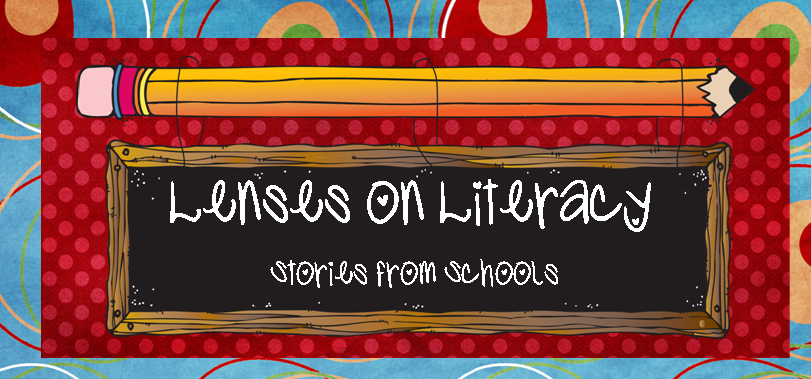In light of my last post about the principal removing crayons and scissors for the K-1 classroom, consider this principal's response for her impoverished children:
"While many schools have removed stations for play from kindergarten, Ms. Levy has added them in first and second grades. One corner of Ms. Krings’s room is for building blocks, another for construction paper projects. There are days when the second grade smells like Elmer’s glue."
Imagine that? Adding play to help negotiate the world and build language! In the long run, I believe these are the interventions that will make a difference in the lives of students.
I love this quote from the head of the school network in that part of the city:
"Daniel Feigelson heads the network of 30 schools that P.S. 142 belongs to. He said that he wished more principals would adopt the program but that they were fearful. “There is so much pressure systematically to do well on the tests, and this may not boost scores right away,” he said. “To do this you’d have to be willing to take the long view.”
"The long view" is critical! We cannot expect to make quick fixes in these students' lives. We have to see every piece of the puzzle and start putting the missing pieces in place.
I was sharing more about the banning of arts classes for struggling learners at lunch today and my colleagues were outraged. As we talked, I was reminded of a time many years ago when I sat in a workshop with a teacher of SIXTH grade struggling readers. This particular teacher worked with a college professor and doctoral student to find out where the developmental gaps were for these students. They found the students had never experienced dramatic play. Guess what they did? They brought the kitchen and dramatic play into the sixth grade and they noticed a marked difference for students from behavior to academics.
Yes, Ms. Levy and Mr. Feigelson, I do hope that more schools (and education departments and government officials) will start looking at the long view. Maybe then we can make a real difference in the lives of some very special students.
